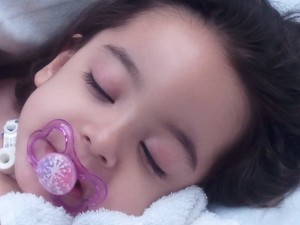 I belong to this group on Facebook for moms who have lost their children. A large majority of these women lost their child due to something unexpected (suicide, accident, murder) or had a miscarriage or stillborn birth.
I belong to this group on Facebook for moms who have lost their children. A large majority of these women lost their child due to something unexpected (suicide, accident, murder) or had a miscarriage or stillborn birth.
They share their stories, how they are feeling, how they deal with grief…it is very sobering and honest. There are those that have a feeling of desperation, not wanting to live anymore even though they have other children, almost like a deep depression sometimes years after their child’s passing.
Then I think that there must be something wrong with me. Why have I never felt such grief that I felt that I couldn’t continue to live life? I mean, I never once felt that life wasn’t worth living anymore, even though Hannah was no longer here.
I have felt lost (still do), not sure what to do with myself. I have been so sad that I would spend a few hours in bed just crying and just missing her like crazy, just like I did yesterday when I heard the new Danny Gokey song. I still question if there was something different I should have done that maybe could have given us more time with her. I still get moments of a crushing feeling in my chest because my heart hurts so much.
But I never fallen that deep where I would rather just not be, you know? I don’t know why this bothers me, why it has me questioning my feelings now. SHOULD I feel that depressed that I should sometimes feel this way? Am I subconsciously hiding my grief somehow and now realizing it?
Or perhaps our situation with Hannah was so unique from most moms who lost children in that we knew what was going to happen. We knew that we were going to lose her, especially once we made the decision to bring her home with hospice care. We were able to prepare ourselves, as much as we could anyway, that this was our inevitability. We were able to love on Hannah unconditionally, every moment, until that last breath she took in my arms that night. We were able to say “goodbye” to her, and she was surrounded by so many people that loved her when she passed.
I can’t imagine how I would feel if her passing was in a different situation – in a hospital, en route in ambulance, while I was asleep and she was being cared for by her nurse who loved her…
Maybe that is the difference. We were able to say “goodbye” to her when she was still here, and she was loved, cuddled, and kissed until her body finally gave up fighting.
Or maybe my heart (or my head) is just not letting me feel that much pain. Does this mean that sometime down the line I’m going to get hit really hard?
Ugh…
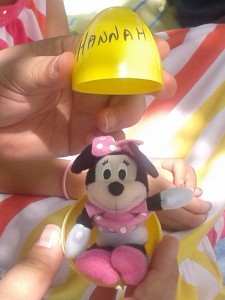 “If you know someone who has lost a child, and you’re afraid to mention them because you think you might make them sad by reminding them that they died — you’re not reminding them. They didn’t forget they died. What you’re reminding them of is that you remembered that they lived, and that is a great gift.”
“If you know someone who has lost a child, and you’re afraid to mention them because you think you might make them sad by reminding them that they died — you’re not reminding them. They didn’t forget they died. What you’re reminding them of is that you remembered that they lived, and that is a great gift.”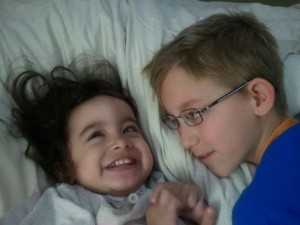
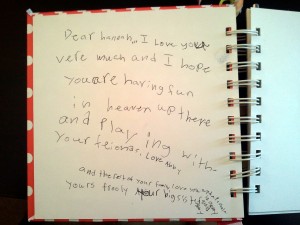
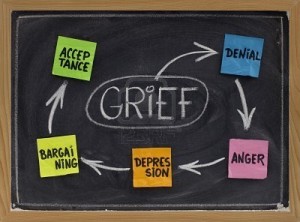 Every one of us is taught that there are five stages of grief. I know I was.
Every one of us is taught that there are five stages of grief. I know I was. To me, grief is more like that hand game we used to play when we were kids. You and your friends all put your hands on top of the others, and then you constantly race to get your hands on top. Of course, very quickly, someone else puts their hands on top of yours. And it just goes on and on.
To me, grief is more like that hand game we used to play when we were kids. You and your friends all put your hands on top of the others, and then you constantly race to get your hands on top. Of course, very quickly, someone else puts their hands on top of yours. And it just goes on and on.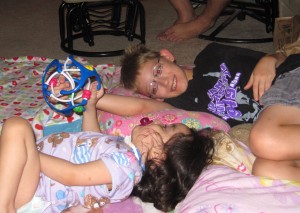

Latest Comments